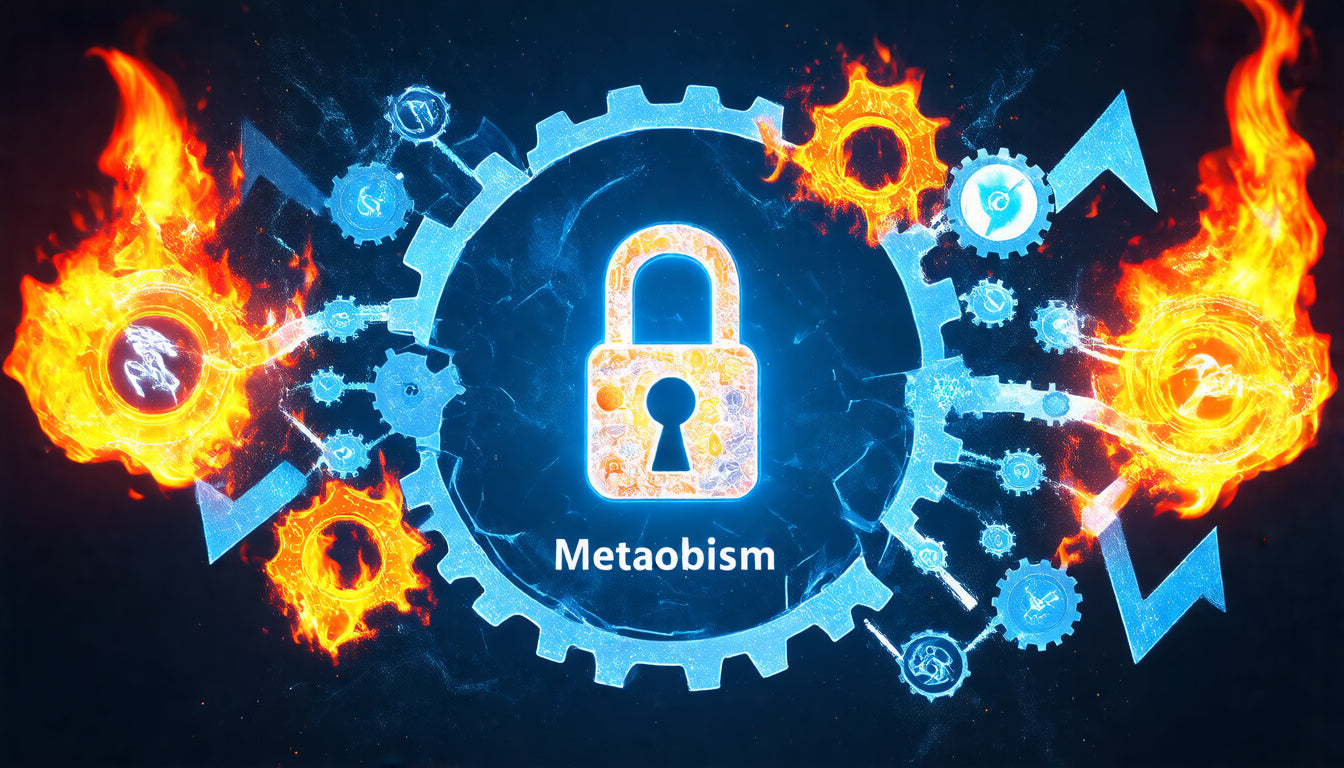
Unlocking the Metabolism Mystery: What If Your Slow Burn Isn’t What You Think?
Many people struggling with weight loss often blame their “slow metabolism” as the culprit behind their inability to shed pounds. However, recent insights suggest that the problem might not be a sluggish metabolic rate at all but rather a complex interaction involving insulin—the hormone that governs how your body stores and uses energy.
Understanding Insulin’s Role in Weight Management
Insulin is produced by the pancreas in response to the foods you eat, particularly carbohydrates and sugar. When you consume these, your insulin levels spike to help shuttle glucose from your bloodstream into your cells for energy or storage. While insulin is essential for normal bodily function, chronically elevated insulin can become a barrier to weight loss.
What Triggers Insulin?
-
Carbohydrates and Sugars: Simple and refined carbohydrates, especially sugars, are the main culprits that cause your insulin levels to rise. The more frequently you consume these foods, the more insulin your body produces.
-
Frequent Eating and Snacking: Constantly eating small meals or snacks throughout the day keeps insulin levels perpetually elevated. This sustained high insulin state can effectively halt fat burning and promote fat storage.
What Inhibits Insulin?
-
Low-Carb and Ketogenic Diets: Reducing carb intake forces your body to shift away from glucose for fuel, thereby lowering insulin levels. This is one reason ketogenic diets—high in fats and very low in carbs—have become popular in weight management.
-
Fasting and Intermittent Fasting: Periods without eating allow insulin levels to decline sufficiently, enabling your body to switch to burning stored fat for energy. Intermittent fasting, which cycles between eating and fasting periods, can be a powerful tool to break free from the cycle of constant insulin elevation.
The “Slow Metabolism” Misconception
When you live in a state of chronic high insulin, your body essentially remains in fat-storing mode, making it feel like your metabolism is slow or “broken.” However, the real issue is that elevated insulin halts fat burning and thus impedes weight loss. This means what feels like a metabolic slowdown is, in fact, an insulin regulation problem.
Taking Control: Beyond Calorie Counting
If you want to unlock your metabolic potential, understanding how to control insulin through diet and eating patterns is crucial. Strategies such as reducing carbohydrate intake, minimizing snacking, and incorporating intermittent fasting create an environment where insulin levels drop, enabling your body to burn fat more efficiently.
Conclusion
Your metabolism might not be as slow as you think—it could just be a matter of insulin levels keeping your body in fat-storage mode. By identifying and managing what triggers and inhibits insulin, you gain the ability to take charge of your weight and health. Rather than blaming an elusive “slow metabolism,” focusing on insulin control through dietary choices and meal timing could be the key to unlocking your body’s true fat-burning potential.













